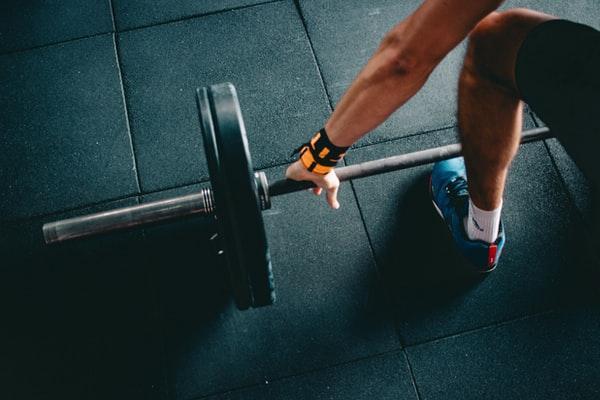Mental health is important for athletes because it is essential for peak performance. When athletes are mentally healthy, they are able to focus on their goals, manage stress and anxiety, and maintain a positive attitude. In order to be successful, athletes need to be in control of their minds and emotions. Mental health is also crucial for athletes because it can enable them to deal with injuries and setbacks. When they suffer a physical injury, it can be damaging to an athlete’s career. Mental health care can help athletes recover from injuries and setbacks. However, it isn’t easy to address mental health issues, particularly in sports. If you want to be a part of the solution, keep reading to find out what you can do to help athletes cope with mental health issues.
How can you help athletes deal with mental health issues?
If you want to guide the next generation of athletes to prioritize mental health, you should get a master’s degree in athletic administration. A masters of athletic administration will give you the skills and credentials you need to manage sports programs and work with students of all ages. You’ll learn about recruiting, training, and coaching techniques, as well as how to take the best possible care of the athletes you manage. You could work as a coach, athletic director, or team manager. With your knowledge and experience, you’ll be able to support athletes so they achieve their full potential and take better care of themselves.
Therapy can be an extremely beneficial tool for athletes who are struggling with their mental health. Therapists can help athletes learn how to cope with stress and anxiety, develop positive self-talk, and set healthy boundaries. If you’re in a position to manage athletes, you should do a search for “therapists near me” and find some options for potential therapists that you can offer them. Mental health is just as important as physical health, and for athletes, it can be vital to their success.
Treatment can allow athletes to deal with the demands of their sport. In order to be successful, athletes often have to make significant sacrifices. They often have to miss major family events, and they often have to spend a lot of time away from home. It’s necessary for coaches, teachers, and everyone involved in athletic programs to support athletes and give them the resources they need to thrive.
What else can athletes do to protect their mental health?
Sleep deprivation can have a significant impact on your mental health. Not getting enough sleep can lead to irritability, anxiety, and depression. It can also impair thinking and judgment, making it difficult to concentrate and make decisions. Sleep deprivation can also cause problems with mood and emotional regulation. You may become more reactive and emotional, and have difficulty managing stress. This can increase your risk of developing anxiety or depression. If you’re struggling to fall asleep or stay asleep, you should talk to your healthcare provider about finding a solution.
Stress is an inevitable part of life, but how we manage it can make all the difference. For athletes, stress management is critical for both their performance and their overall wellbeing. Too much stress can lead to anxiety and performance anxiety, which can negatively affect athletic performance. In addition, stress can cause physical problems such as headaches, upset stomach, and muscle tension. Learning how to manage stress is a requirement for athletes. Some of the most common techniques include meditation, visualization, and positive self-talk.
Athletes need to prioritize their mental health. Athletes who do not take care of their mental health can experience anxiety, depression, and other mental health issues. These can lead to poor performance, injuries, and other problems. Some steps athletes can take to take care of their mental health include getting enough sleep, talking to a therapist, maintaining a balanced diet, and engaging in practices like mindfulness meditation. There is a dire need for athletic administrators who understand mental health and athletes who are willing to speak out on the topic.








